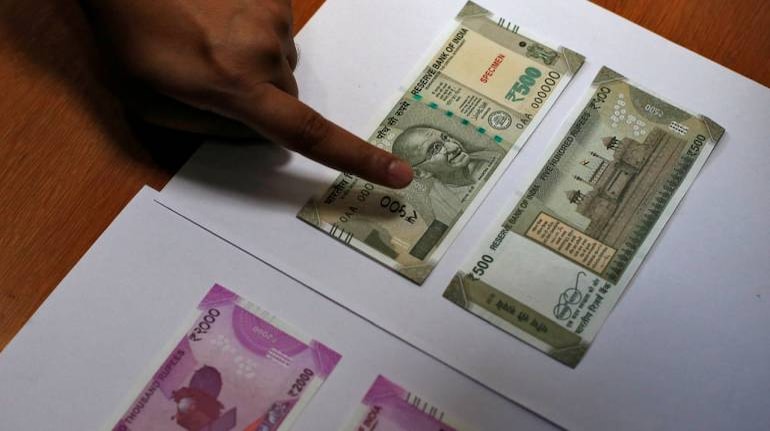



The government, stepping up efforts to fight black money, has made it mandatory for taxpayers to disclose the source of their borrowings.
According to an amendment to Section 68 of the Income Tax Act proposed by finance minister Nirmala Sitharaman in her Budget 2022 on February 1, if the source of borrowings is not revealed, such loans will be added to a taxpayer’s income.
Previously, equity investments with the source not explained were treated as taxable income. Now, the same criterion is being applied to borrowings and if the taxpayer cannot identify the source of funds, then it will be added to income.
Black money refers to unaccounted wealth or money on which tax is not paid. There is no reliable estimate of black money in India as tax-cheats typically divert unaccounted wealth to assets such as real estate and gold.
How effective?“To some extent it may help but we need to wait and see,” said R Vaidyanathan, author of Black Money and Tax Havens and former professor at the Indian Institute of Management Bangalore “Every borrowing needs to be accounted for by the income tax department. Else, people tend to use this channel to lend money to others and later make that money white.”
Legal experts said the amendment should discourage the practice of converting black money into white.
“The endeavour of the amendment is to deter the practice of conversion of unaccounted money, which was carried out through masquerade of loans or borrowings,” said Vikrant Singh Negi, a partner at DSK Legal. “However, this will not impact any regulated entities like venture capital funds or venture capital companies which are registered with Sebi.”
Negi said the amendment is in line with the government’s efforts and judicial pronouncements in pursuit of black money. Now, any loan, borrowing or liability credited in the books of the assessees will be treated as explained only if the source of such funds is explained in the hands of the creditor or entry provider, said Negi.
Section 68 pertains to cash credits. If there is no explanation about the nature and source of such credits or if the explanation is not satisfactory, the assessing officer may add such credits as income from other sources. This provision is being extended to unexplained borrowings, as in the case of unexplained equity investments.
“Such borrowings would be treated as income for tax purposes,” said Srinivas Kotni, managing partner of LexPort, a Mumbai-based law firm. “This looks like a fair provision as it is much prevalent that income is masked as borrowing to avoid tax in the relevant year. The assessees would now be required to satisfy the assessing officer on the nature of such borrowings.”
Long, yet unsuccessful battleThe Modi government, which came to power in 2014, had embarked on a battle against black money through measures such as demonetisation, targeting of shell companies, and renegotiation of tax treaties with other countries to tackle illicit wealth, but with not much luck so far.
The 2016 demonetisation drive was aimed at killing black money by invalidating about 86 percent of the currency notes in circulation. However, almost all the currency in circulation was returned to banks.
According to Reserve Bank of India data, of notes worth Rs 15.41 lakh crore that were invalidated, notes worth Rs 15.31 lakh crore were returned.
In February 2019, then finance minister Piyush Goyal told Parliament that Rs 1.3 lakh crore in black money had been recovered through various measures, including demonetisation.
In his book I Do What I Do: On Reform, Rhetoric and Resolve, former RBI governor Raghuram Rajan disclosed that he never supported the idea of a note ban and felt that the short-term impact of the exercise could outweigh the long-term gains.
While the latest amendment intends to zero in on tax cheats with unexplained borrowings, implementing the provision will be key to assessing how far this benefits the fight against black money, said a senior banker.
“There are multiple layers of transactions involving organisations without sources. All those transactions will now come under scrutiny,” said Naresh Malhotra, veteran banker and senior banking consultant. “It will be a humungous task for the tax department to identify such transactions, but the implementation of this rule will be key.”
Discover the latest Business News, Sensex, and Nifty updates. Obtain Personal Finance insights, tax queries, and expert opinions on Moneycontrol or download the Moneycontrol App to stay updated!
Find the best of Al News in one place, specially curated for you every weekend.
Stay on top of the latest tech trends and biggest startup news.